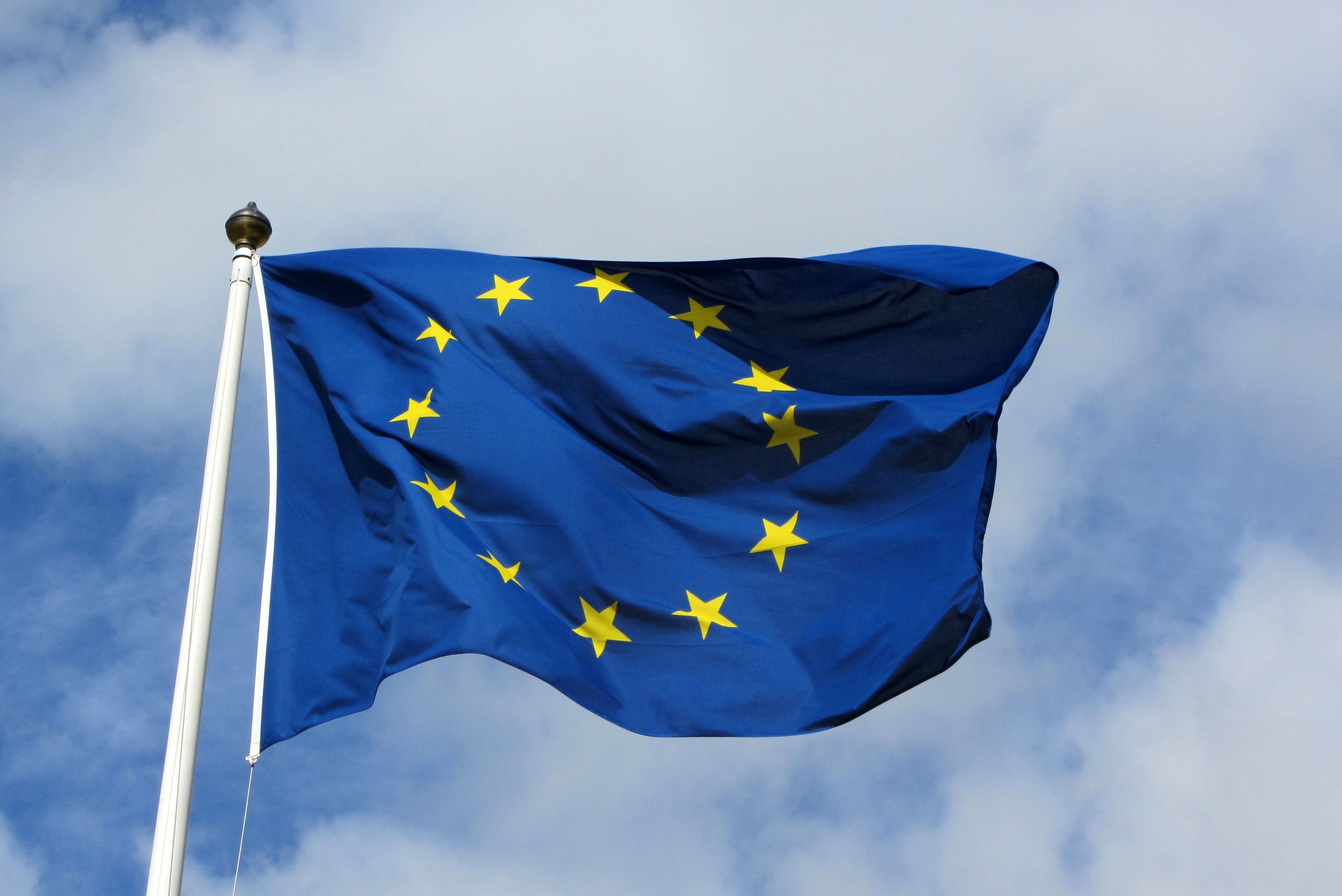The European Union on 14 May completed the reform of its migration and asylum policy – a pivotal moment after four years of tough negotiations.
The core aim of the New Pact on Migration and Asylum is to spread the responsibility for migrant processing, evaluation and reception more fairly amongst the EU member states.
The new regulations include stricter entry rules, expanded screening of applicants, more efficient health and security checks, and free counselling services.
The most notable update is a system of “mandatory solidarity”, which allows EU governments three options to manage asylum seekers: relocate a certain number, pay €20,000 for each individual they reject, or finance operational support.
But just one day after the Pact was ratified, a group of 15 member states, led by Denmark, issued a joint call for “complementary efforts” to prevent migrants from arriving at EU borders in the first place.
In a letter addressed to high-ranking officials in the European Commission and dated 15 May, the member states suggest incentivising non-EU countries along the migratory routes to accept “large numbers” of refugees.
“The EU and its Member States should enhance their contribution to equal, constructive and broad partnerships with key countries, especially along the migratory routes, by changing our focus from managing irregular migration in Europe to supporting refugees as well as host communities in regions of origin,” write the authors.
Besides Denmark, the letter is signed by Bulgaria, the Czech Republic, Estonia, Greece, Italy, Cyprus, Latvia, Lithuania, Malta, the Netherlands, Austria, Poland, Romania and Finland.
The signatories do not specify any countries that could serve as the EU’s migrant blockades or sinks, but posits as examples three existing deals that the EU has struck with Turkey, Tunisia and Egypt, in which billions of EU funds are exchanged for more stringent border controls.
The letter further talks of “rescuing migrants on the high seas and bringing them to a predetermined place of safety in a partner country outside the EU”, as well as sending migrants to a “safe third country alternative” for case processing, instead of evaluating them at the EU border.
The rhetoric is similar to the UK’s new Rwanda law, which has stirred debate in the European Parliament, as well as the UK’s.
Denmark, the instigator of the letter, is not bound by the New Pact on Migration and Asylum due to its opt-out clause from the Area of Freedom, Security and Justice (AFSJ).
It had in fact already laid the groundwork for a migrant transfer deal with Rwanda in 2022, long before the United Kingdom became the first nation to pass legislation to send asylum seekers to the central African nation in 2024.
In that vein, the signatories describe a need to set up new “return hub mechanisms” so those who are refused EU entry “could be transferred to [third countries] while awaiting their final removal.”
“It is vital that those with no right to stay in EU Member States are returned swiftly, not only to minimise the negative consequences for the Member States of housing rejected asylum seekers, but also to reduce the incentives for those seeking to enter the EU irregularly,” write the signatories.
The EU has struggled consistently to implement its own immigration legislation. Throughout 2022 and 2023, less than one third of the irregular migrants who were ordered to leave EU territory, did so.
Under the New Pact’s ‘Asylum Procedure Regulation’, the EU has pledged to develop its “safe third country” policy – a term that has been widely criticised by human rights organisations who say that migrants risk facing persecution in many of the countries that are safe on paper.
The authors press the Commission to make the designation official, calling for it to “present a proposal to designate countries as safe third countries at EU level”.
“We reiterate that all new measures must be implemented in full compliance with our international legal obligations, including the principle of non-refoulement, as well as the EU Charter of Fundamental Rights,” the 15 states write.
Buried in the middle of the letter is a single sentence emphasising a need to “break the incentive structures that drive irregular migration movements and dangerous journeys towards Europe”.
While this suggests an increase in development funding to conflict and climate-change afflicted regions, it is unclear whether that financing would be delivered as loans or donations, and how far it would contribute to a greater economic divide between the global north and south.
According to Euronews, the Commission said it would carefully analyse the letter, which it described as “complex” and “comprehensive,” and stressed the focus in the coming years would be on the implementation of the agreed-upon reform.
Overall, the letter is a brazen push for a policy direction that has proved divisive on the international stage, and a pressure play to incentivise non-EU countries to deal with global migration.
Given its timing, it also alludes to a level of internal dissatisfaction with the scope of the EU’s New Pact on Migration and Asylum.
And as the European Parliament elections loom, the document gives an insight into the alliances and confluence of interests amongst certain EU states, post-Pact negotiations, and suggests which issues and solutions are leading their migration and foreign policy agendas.















